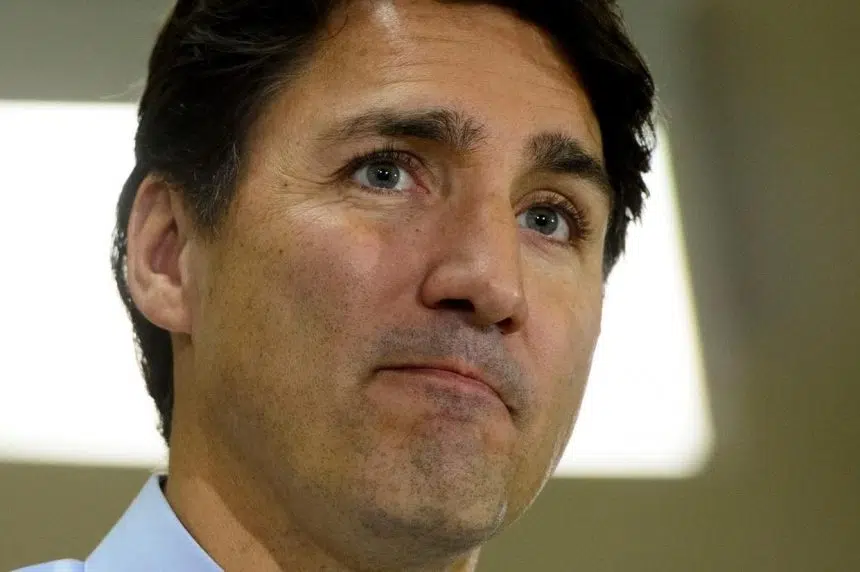Premier Scott Moe says Saskatchewan doesn’t support the use of the Emergencies Act to end blockades on the streets of Ottawa and at some of Canada’s border crossings.
Prime Minister Justin Trudeau invoked the act for the first time in Canadian history Monday afternoon.
“The illegal blockades must end, but police already have sufficient tools to enforce the law and clear the blockades, as they did over the weekend in Windsor,” Moe said in a tweet earlier Monday afternoon before Trudeau made his announcement. “Therefore, Saskatchewan does not support the Trudeau government invoking the Emergencies Act.
“If the federal government does proceed with this measure, I would hope it would only be invoked in provinces that request it, as the legislation allows.”
Trudeau consulted with Moe and the rest of the country’s premiers Monday morning about invoking the Emergencies Act.
The act allows a government to invoke temporary measures, such as barring people from gathering or travelling to certain locations, to protect national security, public order and public welfare.
“The Emergencies Act will be used to strengthen and support law enforcement agencies at all levels across the country …,” Trudeau said while making the announcement.
“After discussing with cabinet and caucus, after consultation with premiers from all provinces and territories and after speaking with Opposition leaders, the federal government has invoked the Emergencies Act to supplement provincial and territorial capacity to address the blockades and occupations.”
Trudeau stressed the military will not be called in. Instead, police will be given more tools such as fining protesters and towing away vehicles.
Some streets in downtown Ottawa have been blocked by trucks and other vehicles since a convoy of truckers arrived in the city in late January. The truckers and their supporters were protesting cross-border vaccine mandates.
Protests have spread across the country in the weeks since, with border crossings in B.C., Alberta, Manitoba and Ontario being shut down by protesters. The Ambassador Bridge between Detroit and Windsor, Ont., was reopened on the weekend.
At the border crossing into the United States at Coutts, Alta., the RCMP arrested 11 people after becoming aware of a cache of firearms and ammunition.
Police say a small organized group within the protest was said to have a “willingness to use force against the police if any attempts were made to disrupt the blockade.”
Officers seized 13 long guns, handguns, multiple sets of body armour, a machete, a large quantity of ammunition and high-capacity magazines.
On Friday, Moe implored people who were planning to protest at the Regway border crossing in southern Saskatchewan on the weekend to allow people to cross.
“I’m asking you to exercise that right and make your voices heard without impeding the rights of others to cross the border,” Moe wrote on social media.
“You know that the trucks crossing the border are driving our economy by carrying Saskatchewan goods to U.S. markets, and bringing products and materials into this province that we need to run our farms, build our canola crush plants, our potash mines, our forestry mills and every other part of our economy.”
The Emergencies Act had never been used since it was passed in 1988.
Its predecessor, the War Measures Act, was used three times — in the First World War, during the Second World War, and during the FLQ crisis in Quebec in 1970 when Trudeau’s father was prime minister.
— With files from The Canadian Press







